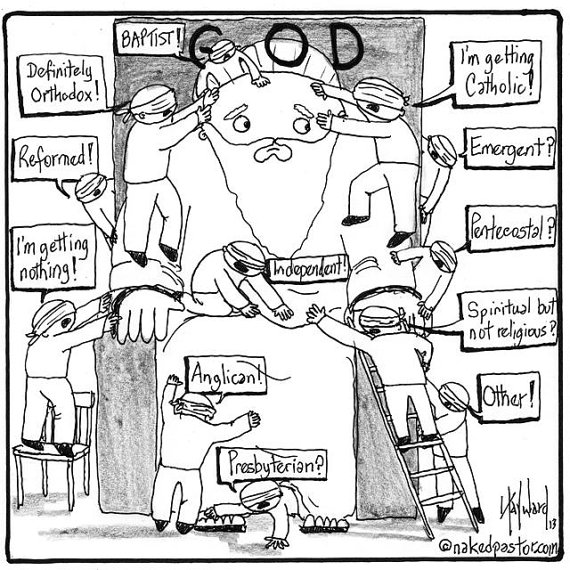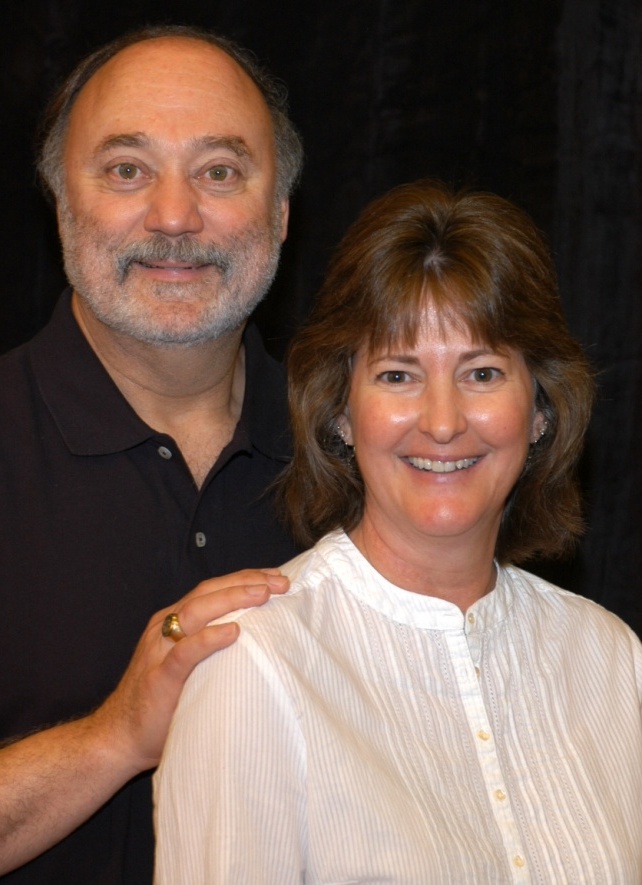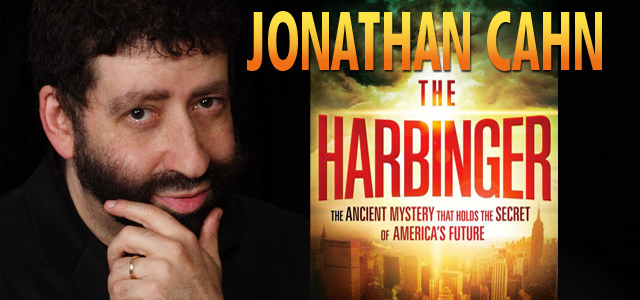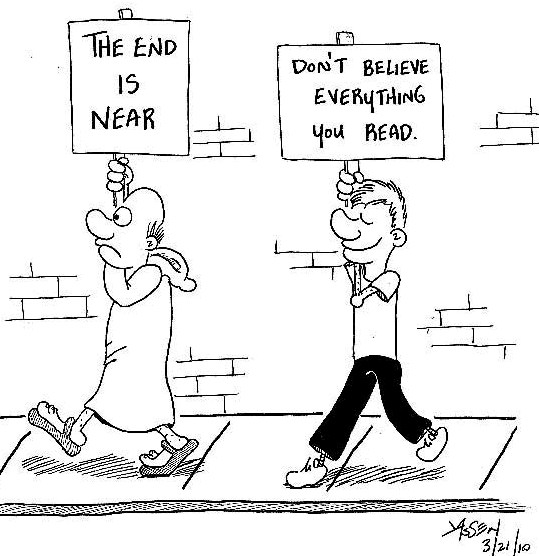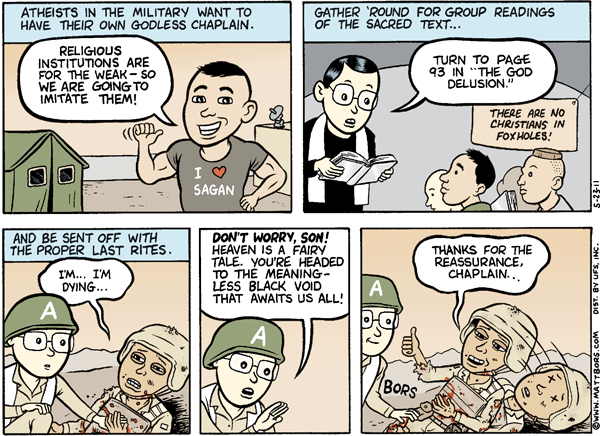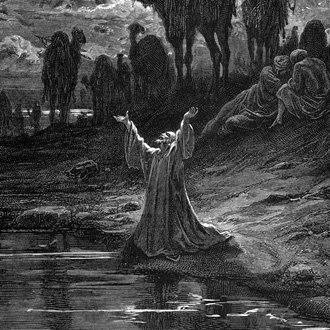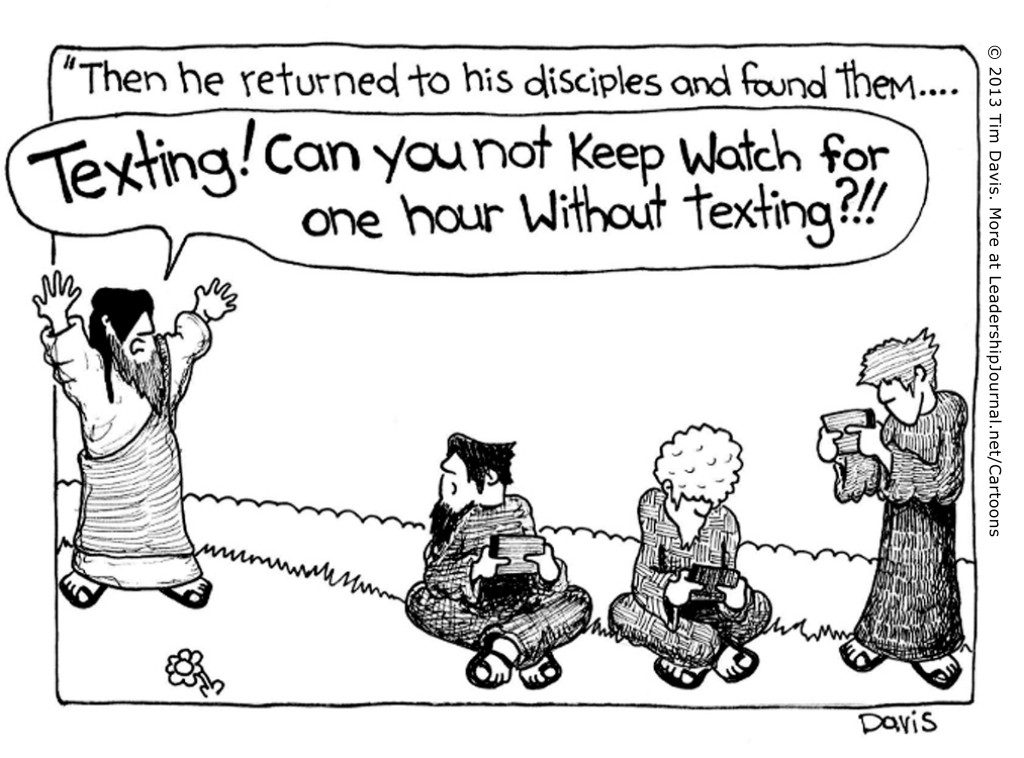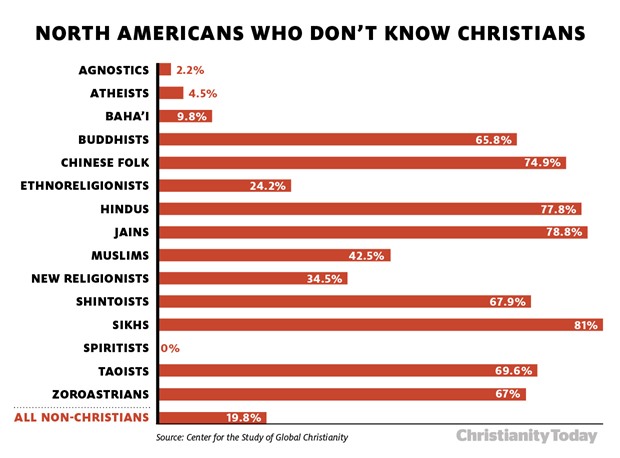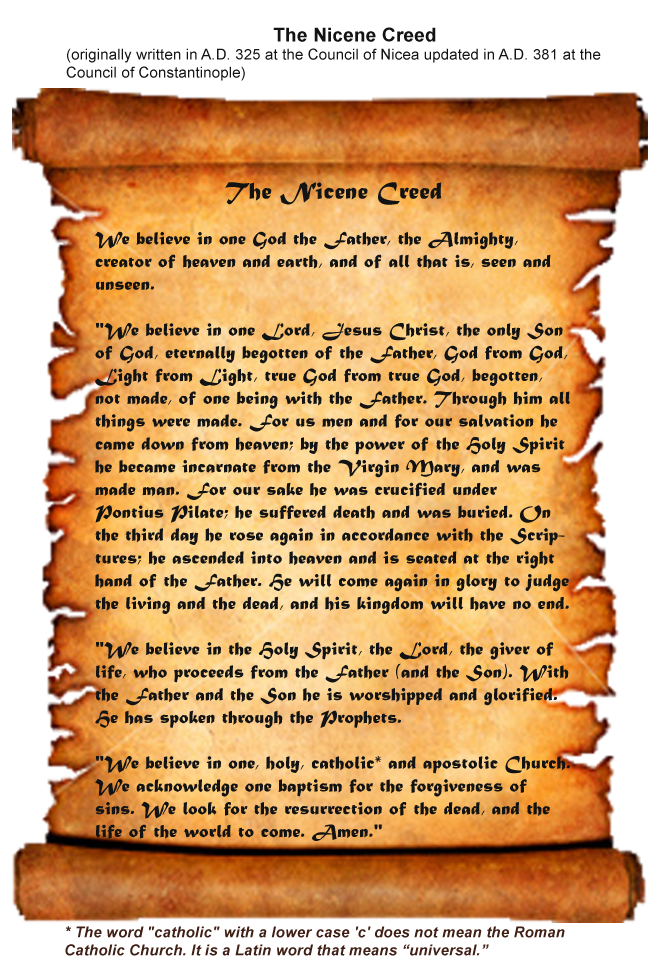Years ago, Dr. Herman Hoeh, now deceased, suggested that I subscribe to the magazine Biblical Archaeology Review. Though my subscription ended, I still occasionally look through back issues. Doing so reminds me that archaeology often confirms what is stated in the Bible. It also reminds me that this field of study is a hotbed of discussion and often heated disagreement between various schools of thought. Although vigorous debate can be healthy, it also can lead to unhelpful contention and even hostility that runs contrary to the cause of truth.
Currently, the two main schools of thought in this debate are referred to as biblical minimalism and biblical maximalism. Minimalism views the Bible as purely a literary work, written no earlier than the Persian period, which was long after Moses, David and Solomon. This viewpoint casts doubt on the historicity of these biblical characters, noting a lack of archaeological evidence to substantiate their existence. Minimalists maintain that the Bible should be considered a theological work, not a reliable historical record. In contrast, Maximalism views the Bible as historically reliable—representing actual people and events. This viewpoint maintains that the core stories of the Bible are true, though it concedes that some accounts may have been embellished somewhat by legend.
A third, though fairly minor, school of thought in this debate is sometimes referred to as fundamentalism and sometimes as literalism. It views the Bible as 100% accurate in all respects—even when archaeological evidence is missing or is contradictory. This viewpoint is the archaeological equivalent of young earth creationism. Neither maximalists nor minimalists take this viewpoint seriously.
Does this debate really matter? One might argue that it contributes little to the Christian faith. Let’s get some perspective here. The Bible is not a simple or secular history book. It is God’s revelation to us, told through the story of his people Israel, which prepares the ground for the life and work of Jesus Christ. That is what the Bible is about, and what it is for. The Bible’s principal lessons do not depend on the meticulous accuracy of geographic details nor the exactness of calendar dates.
That said, archaeology has shown that the Bible is remarkably reliable as a record of history. For example, the Bible tells of Israel being taken into captivity by the mighty armies of the Assyrian Empire. Years ago, many scholars dismissed this account as fable, since no trace of the Assyrian Empire had been found at that time. However, mid-19th century archaeological excavations uncovered the ruins of Nineveh, Assyria’s capital city. Ancient cuneiform inscriptions were found there that dramatically confirm the biblical record.
Uncovering the past continues in spite of the turmoil in the Middle East. One such excavation is being conducted by Hebrew University at Khirbet Qeiyafa, a city 20 miles southwest of Jerusalem. Khirbet Qeiyafa had great strategic value in the ancient kingdom of Judah because of its location on the main road from Philistia on the coast to Jerusalem and Hebron in the hill country. It was in this area that the famous battle between David and Goliath occurred.
The excavation at Khirbet Qeiyafa has already uncovered 200 meters of the city wall, two city gates, a pillar building (perhaps a small stable), ten houses and the earliest known Hebrew inscription giving evidence that David and Solomon ruled over a well-organized, fully urbanized Judahite state in the tenth century B.C.E. (the inscription and other artifacts from the excavation are pictured at http://qeiyafa.huji.ac.il/).
Exciting developments like this continue to keep me interested in biblical archaeology. However, my faith does not depend on these discoveries. Frankly, it is far too easy to get hung up on such details—expecting the Bible to say more and do more than God intends.
The Bible is not primarily a history book, although it has proven historically reliable. Therefore, we should not be quick to jump on the “band wagon” of any of the schools of thought in this ongoing debate. Such viewpoints come and go, while God’s written Word stands as what it is: an infallible guide to all matters pertaining to salvation.
Your brother in Christ,
Joseph Tkach




